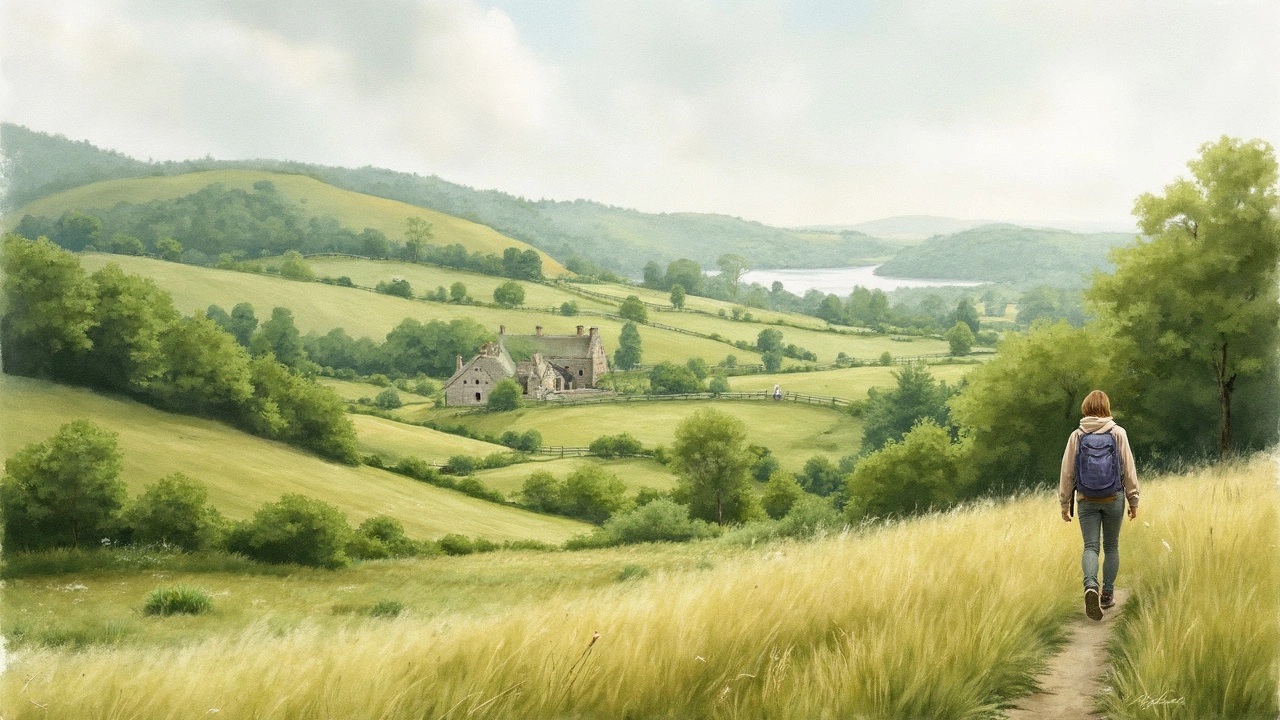UK Wild Camping – How to Camp Free, Stay Legal, and Enjoy the Open Road
Thinking about sleeping under the stars without paying a campsite fee? Wild camping in the UK lets you do just that, but you need a solid plan. From the law‑book to the best hidden spots, this guide gives you the basics you need before you pull over and set up camp.
Legal Basics & Stealth Camping
The first thing most people ask is "Is it legal?" The answer isn’t a simple yes or no. In England and Wales you can’t just pitch anywhere – landowners and local councils set the rules. Scotland is different: the Land Reform Act gives you the right to wild camp on most unenclosed land, as long as you act responsibly.
If you’re in England, look for public land where the landowner has given permission, or use dedicated wild‑camping sites. Stealth camping – parking out of sight and keeping a low profile – is a common workaround, but it comes with risks. Our post "Is Stealth Camping Legal in the UK?" breaks down what happens if you’re caught and how to minimise attention: choose a spot away from houses, keep lights off, and leave no trace.
Practical Tips & Top Spots
Boondocking, also known as off‑grid camping, works great for motorhomes. The "Boondocking Explained" article shows how to find safe places to park, manage water and power, and stay comfortable without hookups. A 12‑volt TV can run off your battery, but be smart about power draw – the "Running a 12‑Volt TV Off a Battery" guide gives you the numbers you need.
Gear matters. A sturdy tarp, a good sleeping bag, and a portable stove are enough for most UK nights. Remember the rule of three: three litres of water, three hours of daylight, three days of food – a handy rule for any wild‑camp adventure.
Now for the spots. In England, the Lake District, the Yorkshire Dales, and parts of Cornwall have generous public rights of way where you can park discreetly. In Wales, the Brecon Beacons offers wide‑open moorland; just follow the same low‑profile tactics. Scotland’s Highlands are the gold standard – you can legally camp on most of the open land, but always check for specific restrictions in national parks.
If you prefer a more rugged feel, try cowboy camping. Our "Cowboy Camp" piece explains how to sleep on the ground with just a sleeping bag and a tarp, giving you that true wilderness feel without a tent. It’s perfect for those who want to ditch the cabin and feel the earth under them.
Plan your route with apps that show free parking, lay‑by locations, and user‑reported wild‑camp sites. Mark your stops, note water sources, and always have a backup plan in case a spot is taken.
Finally, respect the land. Pack out everything you bring in, avoid damaging vegetation, and keep noise low. A quick checklist before you leave each night – fire safety, waste disposal, and a final sweep for litter – helps you stay on the right side of the law and the locals.
With the right knowledge, wild camping in the UK can be safe, legal, and incredibly rewarding. Grab your motorhome or your backpack, follow these tips, and hit the road for a truly free adventure.
-
 VIEW POST
VIEW POSTCan I Buy Land and Live on It in the UK?
Apr, 10 2025|0 CommentsThinking about owning a piece of the UK countryside and living on it? This guide unpacks land ownership complexities, planning permissions, legalities, and potential hiccups you'll encounter. Discover fascinating insights and realistic expectations around turning your piece of land into a personal retreat. Understand not just what's possible, but practical strategies to make your dream of living on UK land a reality. From loopholes to logistics, get the lowdown on living the wild camping lifestyle on your own terms.